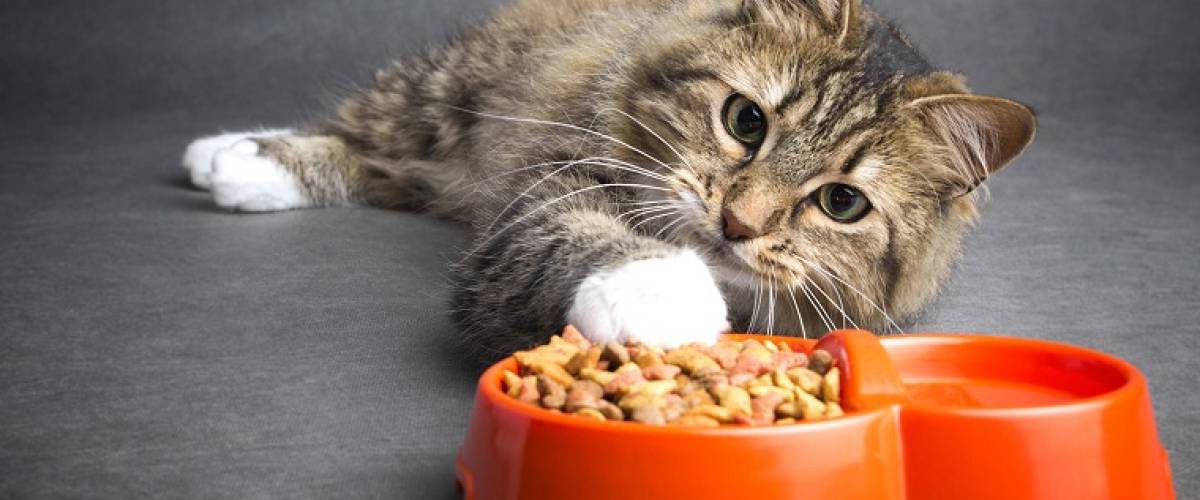Scientists discovered that cats and their companions probably prefer a free meal that involves no effort, unlike most animals who prefer to work for their cats.
When tested, many animals will work for food when similar food is freely available, a phenomenon known as contra freeloading. In a new study published in the journal Animal Cognition, a team of cat behaviorists tested for the first time whether domestic cats living in homes would contra freeload the authors did not find strong evidence for contra freeloading instead, cats preferred to eat the food that was freely available with no required additional effort.
Dr. Mikel Delgado, a cat behaviorist in the Department of Medicine and Epidemiology at the University of California, in the paper explained that “Contra freeloading is the willingness of animals to work for food when equivalent food is freely available.”
When animals are given a choice between freely available food and meal trapped inside a puzzle, animals like rats, monkeys, dogs, bears, pigeons, prigs, and other primates prefer the latter, but not the cats. Though it doesn’t mean they are lazy. Dr. Delgado and the team to observe this behavior in domesticated cats undertook the study and found that none of the cats ate more food from the puzzle after eating from the open tray and the 8 cats didn’t bother to touch the puzzle.

She explained that “It wasn’t that cats never used the food puzzle, but cats ate more food from the tray, spent more time at the tray, and made more first choices to approach and eat from the tray rather than the puzzle.”
A similar finding was observed in a previous study by Kenneth Koffer of Clarke Institute of Psychiatry, Toronto in the year 1971, which first highlighted the lack of contrafreeloading among cats. Koffer conducted this experiment on 6 domesticated cats, who were first trained to use a food dispenser and then were given a choice between food puzzle and free bowl inside the labs. And cats visibly took the free meal – the one they didn’t have to work for.
Delgado writes in her paper that, “There is an entire body of research that shows that most species including birds, rodents, wolves, primates – even giraffes – prefer to work for their food. What’s surprising is out of all these species cats seem to be the only ones that showed no strong tendency to contra freeload.”
Though cats do enjoy working for a reward, why they don’t like food puzzles or don’t want to work for food, remains a mystery.
One reason that comes to mind could be that domestication has a role to play in cat’s behavior as they have easy availability of free food, and such cats don’t have a strong drive to explore or hunt in the environment they are living in. Secondly, the cats are known predators, and a food puzzle might not be of much interest to them, unlike the foraging animals, so this puzzle, might not be the best choice to stimulate their interest Afterall. She writes that “Understanding contrafreeloading is important for captive and domestic animal welfare as foraging enrichment is a frequently used tool to provide choice and mental stimulation.”
















Add comment